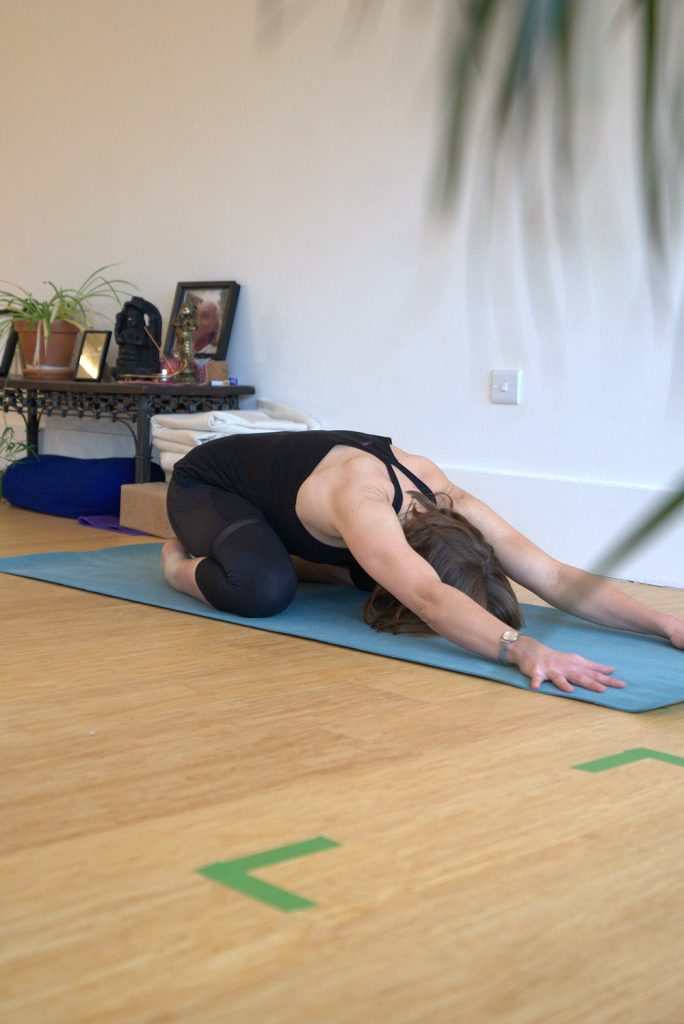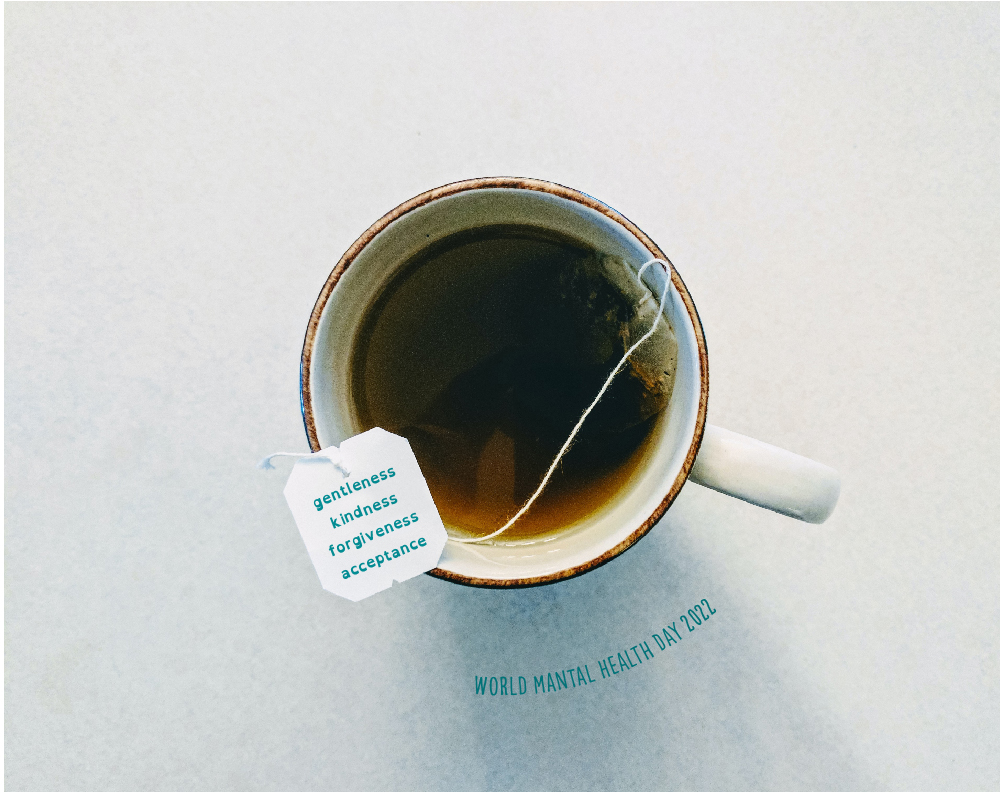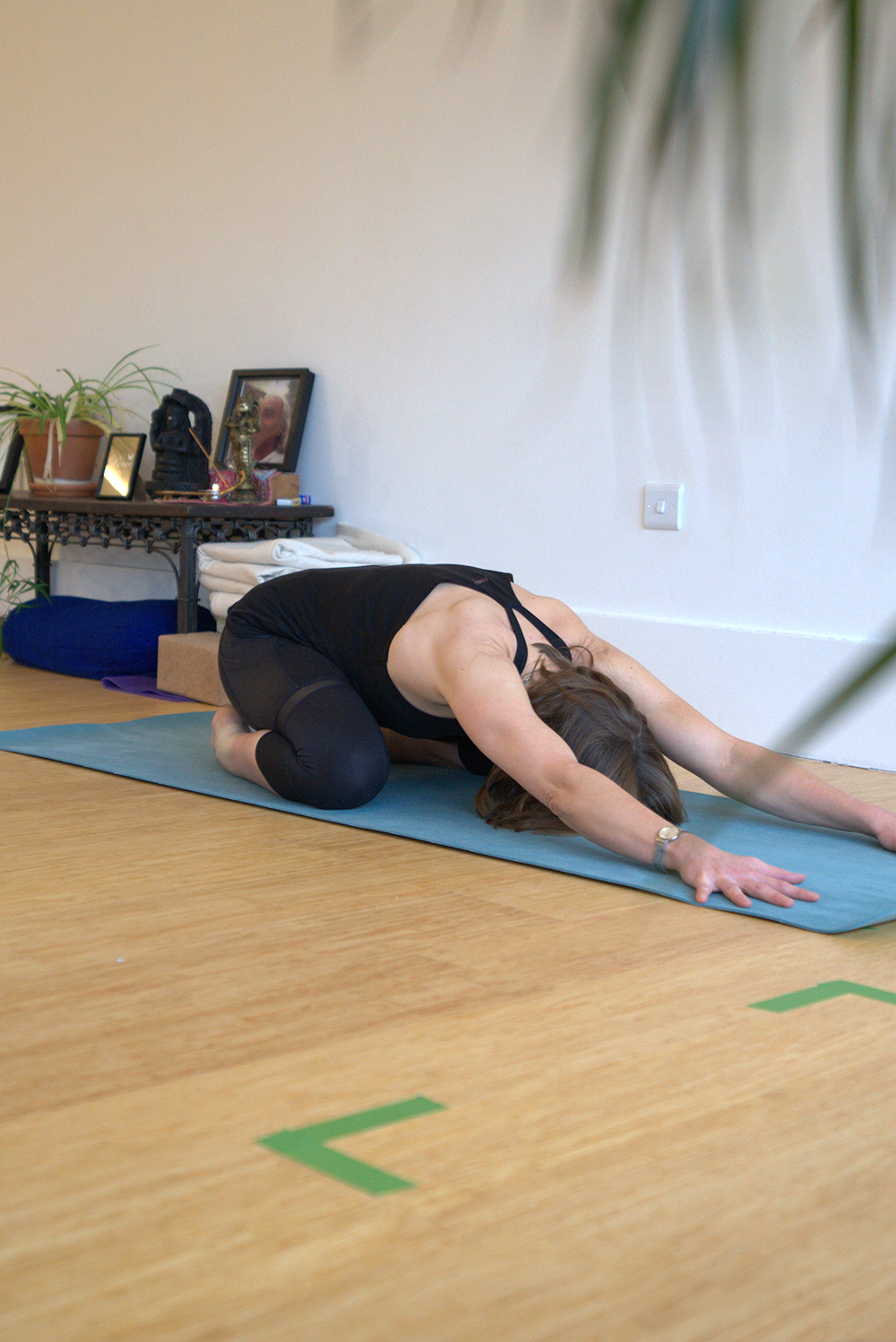
Building resilience with daily practice.
There are lots of self-care calls to action going out today, but for mental health awareness day I thought I’d write about some challenges I’ve experienced in the past year, how I’ve used yoga as an integral part of my approach to them, and how that’s working out so far.
Since October 2021 a series of events have touched my life with traumatic effects to varying degrees. These have been a combination of historical trauma coming to the surface, illness and cognitive impairment, and secondary trauma (experienced first hand by loved ones and ‘referred’ via empathic connection. This is an actual thing- you can look it up. Secondary trauma is not experienced as acutely as primary trauma but shares a host of the same symptoms).
What has been difficult, and interesting, is the accumulative effect of these incidents. I feel that the majority of them by themselves, with time and space around each for contemplation and healing, I would have been capable of managing pretty well. After all, these are things that a) happened a long time ago, b) can be gradually recovered from or c) actually happened to other people, who it’s my role to love and support. In addition, I am lucky enough to be extremely well supported myself and to have practised over a long period effective means and methods to help deal with such challenges.
Accumulative Effect
So what is it about the accumulative effect then, that makes it all feel so horribly overwhelming? I believe it’s to do with resilience as a resource. A scarcity of resilience leaves us vulnerable, like a scarcity of energy leaves us cold. Luckily it’s a renewable resource, but once it’s gone it is very, very hard work to replenish. Like when your phone battery runs down completely it takes a lot more power to get it going than if you plug it in when it’s still on a few percent. We all need a little stored away.
This year it feels as though my store has been completely emptied, the contents trampled into the ground- and, confession time- my discipline is in tatters, my sleep patterns are erratic, my energy is shattered, I am weak and heartbroken, exhausted and grumpy and at times lost and desperate. No doubt I am difficult to live with. My practice of yoga, always my go-to, has morphed beyond recognition. I have mainly been returning again and again to BKS Iyengar’s ‘Practice for Emotional Resilience’ just to get through the day (I can’t recommend this highly enough). And I’ve been crying. A LOT. And also, LUCKY ME, because I am 42 years old and this is only the second time I’ve ever had to really take seriously an experience of poor mental health as an adult person (during the first I discovered Iyengar yoga). And I teach about it all the time, so, time to practise what I preach.
Yes, discipline is important, and having the discipline of a well-established (daily) yoga practice can be a life line in times of mental distress, because it is a psychological practice that is uniquely embodied. If it has been skilfully crafted, if it has been cultivated with authenticity and trust, then chances are it will hold when you need, and if you choose, to fall back on it. But it certainly won’t look the same during these times.
There will need to be more room made for gentleness, for kindness, for forgiveness and for acceptance. Because the pain of psycho-spiritual suffering will not respond well to a hardening of body and mind; it will bounce around and cause more damage. Nor will a complete softening result in anything but total system meltdown; a certain firmness is required to enable the shoring up of the heart. As always, a balance. Never is that balance more elusive than when suffering is dominant.
I’ve realised that what yoga provides me with, and what I’m really grateful to it for is self-literacy.
So for mental health day I just wanted to say that personally, this year, I’ve realised that what yoga provides me with, and what I’m really grateful to it for is self-literacy. Even though I feel that I’m lost in a foreign land, and can’t speak the language, I am nevertheless equipped with the grammatical structures necessary to continue a rudimentary communication between the different parts of myself. Often there is confusion, and misinterpretation, and that’s also ok. The thing about communication, whether that’s intra- or inter-personal, is that listening and willingness, although hard-won, will always succeed.

Make time for tea.
One of my teachers this Summer hugged me and said ‘You have to rest. And well, Geetaji* said you know, about suffering, you have to BEAR it.’ She really said BEAR in determined capitals. So while I’m working on learning this new language, I’m bearing it on my bolsters, in nature, in silence and in conversation, with the words of the wise, and with lots of cups of tea. My humble and heartfelt salutations to everyone suffering from acute and/or chronic challenges to mental health. Well done for bearing it and for maybe, somehow, finding your way. Well done for trying.
*Geeta S Iyengar

